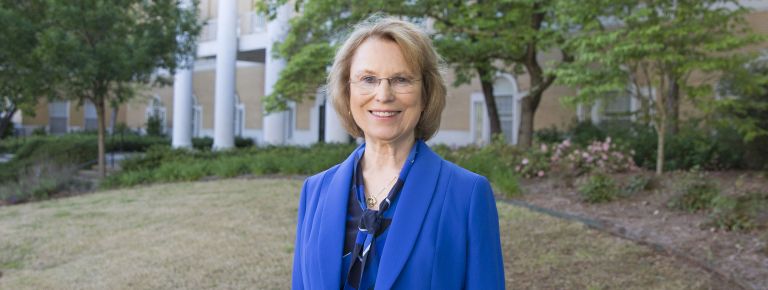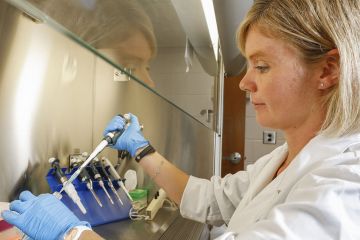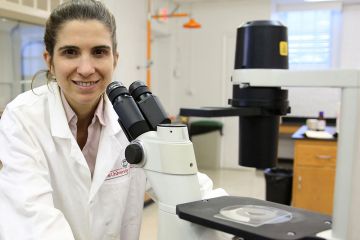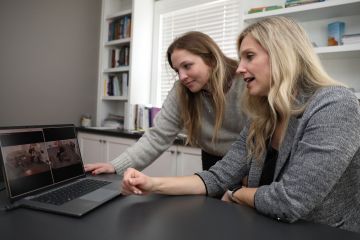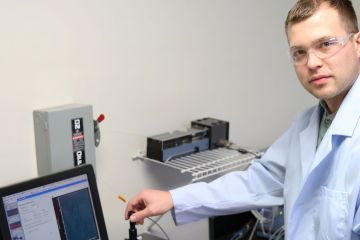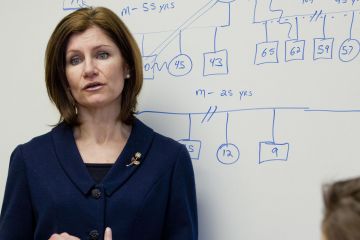FACS’ Bailey leads international effort backed by Gates Foundation
FACS researcher Lynn Bailey is leading an international effort to reduce neural tube defects, such as spina bifida, in developing countries that is backed by a $734,437 grant from the Bill and Melinda Gates Foundation to the hosting organization, Nutrition International.
Bailey, a noted expert in folate research and head of the FACS department of foods and nutrition, is chair of an expert advisory group assembled last year by Nutrition International to develop a “roadmap for action” for preventing NTDs.
The group is charged with building global capacity for folate testing laboratories in low and middle-income countries along with effective folic acid fortification programs and NTD-surveillance systems to document the effectiveness of these approaches to prevent NTDs. The term of the initial phase of funding is 18 months.
Bailey was chosen to lead the group due to a lifetime of work in the research of folate, an essential B vitamin required for DNA synthesis and normal growth and development.
Maternal folate deficiency within the first month of pregnancy is a major cause of NTDs, with a global estimate of around 260,000 affected pregnancies annually.
It’s predicted that developing countries are most likely to have lower folate status and thus be at much higher risk of NTDs. These impoverished countries also present the most challenges in assessing folate status, implementing folic acid intervention programs and establishing birth defect surveillance programs.
Bailey, who was part of the U.S. Food and Drug Administration committee that recommended folic acid fortification to the U.S. government in the mid-1990s to prevent NTDs, served as lead author or co-author on three of these recently published papers.
“The exciting thing about this opportunity is it brings together individuals who have boots on the ground in developing countries and really understand what’s workable in a low-resource environment where the NTD risk is very high,” Bailey said.
